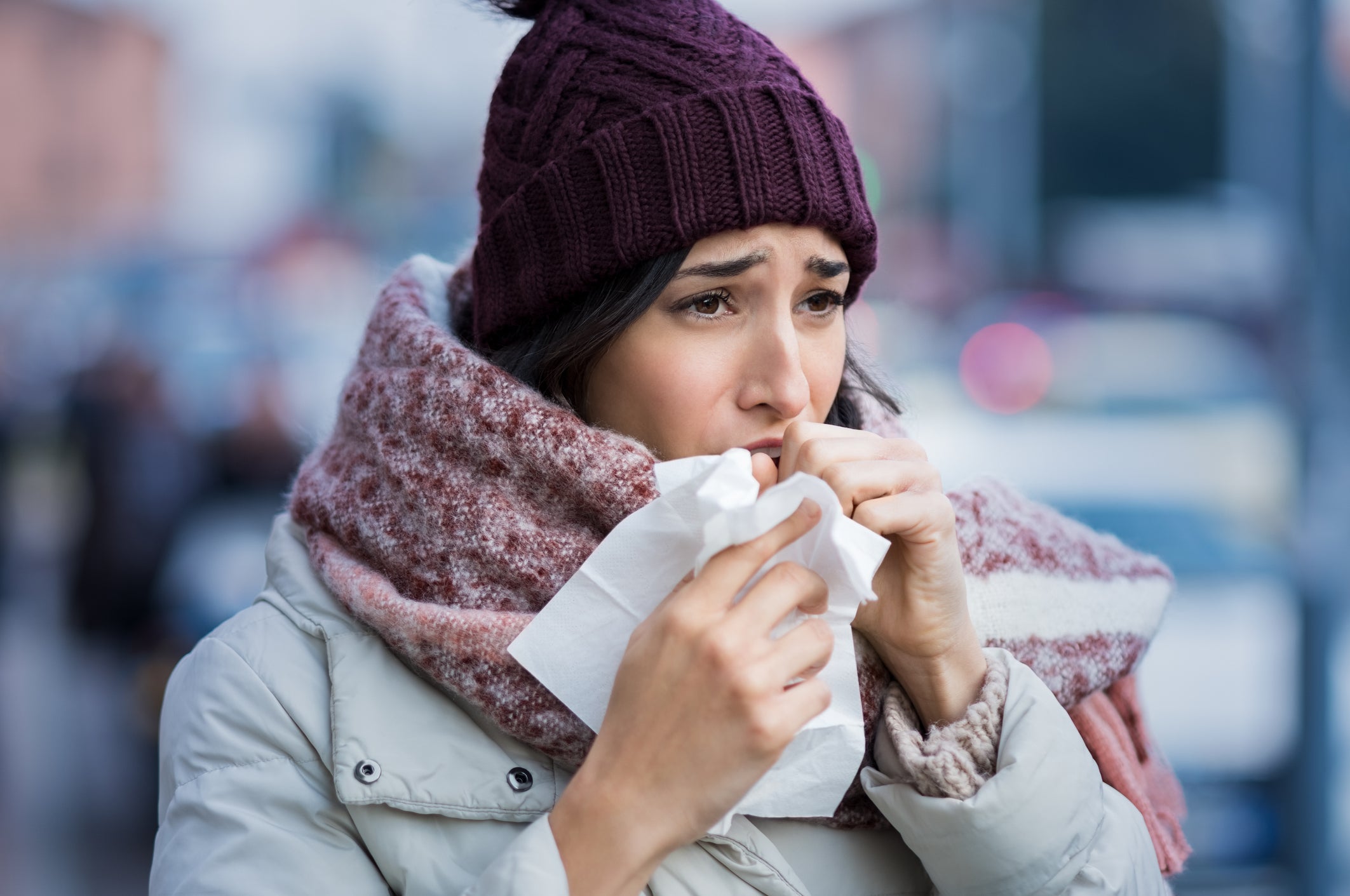Winter brings chilly air, and for some, it also brings challenges to breathing. Cold air can exacerbate respiratory issues and lead to discomfort. To ensure your respiratory health during the winter months, here are five effective ways to avoid winter breathing problems.
1. Stay Hydrated
Winter air tends to be dry, and indoor heating systems can further dehydrate the air. Proper hydration is crucial to keep your respiratory system functioning optimally. Drink an adequate amount of water throughout the day to prevent your airways from drying out.
2. Use Humidifiers
Combat the dryness in the air by using humidifiers in your living spaces. Humidifiers add moisture to the air, preventing irritation of the respiratory tract. This is especially beneficial for individuals with conditions like asthma or allergies, as it helps ease breathing difficulties.
3. Protect Your Nose and Mouth
When venturing outdoors in cold weather, cover your nose and mouth with a scarf or mask. This simple measure not only helps in warming up the air you breathe but also acts as a barrier against airborne irritants. It's an effective way to reduce the risk of respiratory discomfort.
4. Exercise Indoors
While staying active is essential for overall health, exercising in extremely cold weather can be challenging for those with respiratory issues. Opt for indoor workouts during winter to avoid inhaling cold air directly. Indoor exercise minimizes the risk of triggering breathing problems and allows you to stay fit comfortably.
5. Keep Indoor Air Clean
Ensure good indoor air quality by regularly cleaning and dusting your living spaces. Use air purifiers to filter out pollutants and allergens that can compromise respiratory health. This is particularly important during winter when windows are often kept closed, trapping indoor pollutants.
Conclusion
By staying proactive and incorporating these practices into your winter routine, you can significantly reduce the risk of encountering breathing problems during the colder months. Remember to prioritize hydration, use indoor humidifiers, protect your nose and mouth, exercise indoors, and maintain clean indoor air. Taking these steps will contribute to a healthier respiratory system and a more comfortable winter experience.
Frequently Asked Questions (FAQs)
-
Can dehydration worsen respiratory problems in winter?
- Yes, dehydration can exacerbate respiratory issues in winter. Staying hydrated helps maintain the moisture in your airways.
-
How often should I clean indoor air filters during winter?
- It's advisable to clean or replace indoor air filters every 1-3 months, especially during the winter when windows are often closed.
-
Are there specific indoor exercises recommended for winter?
- Any indoor exercise that suits your fitness level is beneficial. Activities like yoga, indoor cycling, or home workouts can be excellent choices.
-
Is it necessary to cover both the nose and mouth when using a scarf in cold weather?
- While covering both the nose and mouth is ideal, covering at least one can still provide some protection against cold air.
-
Can indoor humidifiers help with conditions like asthma?
- Yes, indoor humidifiers can be beneficial for individuals with asthma by preventing the airways from becoming too dry and reducing the risk of asthma attacks.

